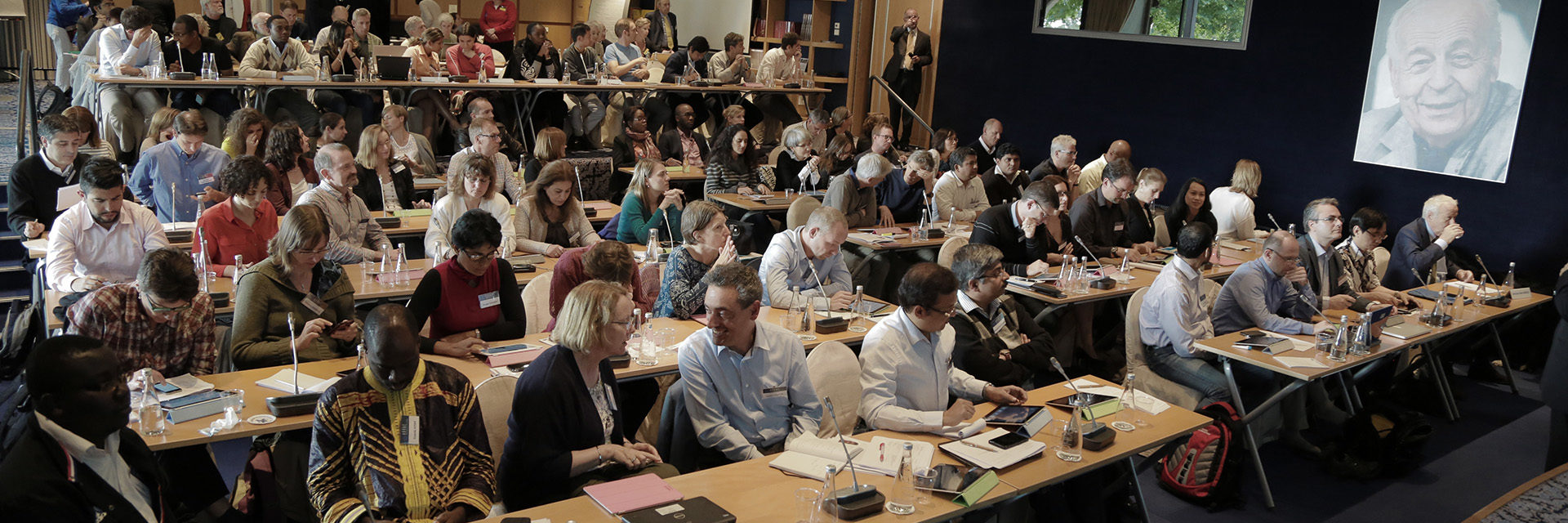The meeting focused on sharing best practices for the development and evaluation of effective strategies to improve vaccination coverage.
Vaccine hesitancy is generally context and vaccine-specific. The importance of being aware of the different reasons for vaccine hesitancy and how these reasons can differ geographically, culturally and even between individuals was discussed. Social psychology provides valuable insights. It was agreed that the development of vaccination strategies requires the involvement of all stakeholders and active listening about their concerns. To improve vaccination uptake, strategies must enhance trust: in vaccines, in the healthcare system and in vaccine manufacturers. The important role of story-telling as part of the strategies to improve vaccination confidence and uptake was also shown.
The robust array of studies presented during the 3-day meeting highlighted the need to determine the most effective evidence-based, multifaceted interventions for the future.
The lively discussions concluded that there is no ‘one-size fits-all’ solution and that multicomponent strategies will have to be customized to address the specific concerns of diverse vaccine hesitant populations.

